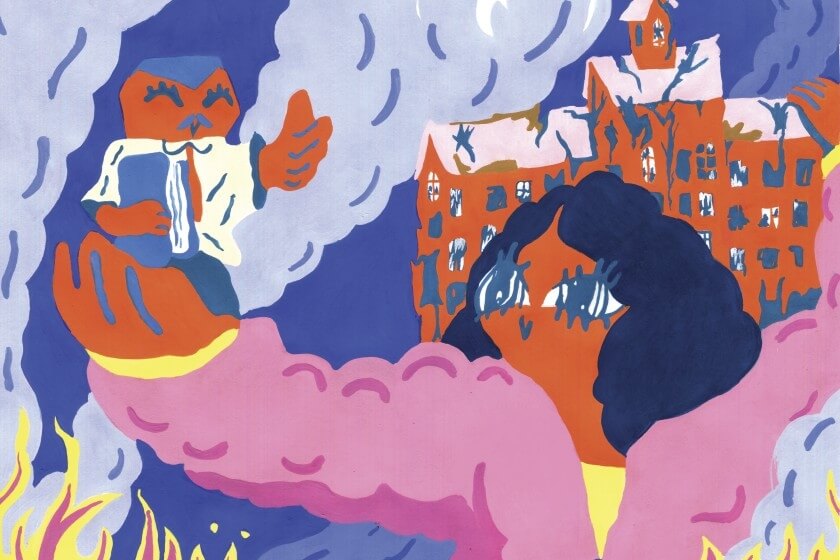For decades, predictions of traditional higher education’s imminent demise have gone unfulfilled. The disruption of MOOCs, for example, proved more whimper than bang. Given the dire forecasts, the pandemic should have triggered the abrupt collapse of a sector long alleged to teeter on the brink of disaster. But few institutions have closed permanently, even if many are contracting and most face retrenchment. The resilience is attributable in part to the enduring attraction of a college education and to the absence of viable alternatives. Yet the survival of universities is chiefly due to their capacity to reform themselves. The question is whether this demonstrated capacity to adapt is sufficiently elastic to overcome the current range, intensity, magnitude, and complexity of the threats.
. . .
Given the severity of the threats to higher education, it is baffling that teaching remains neglected at many institutions. The American Academy of Arts & Sciences 2017 report on “The Future of Undergraduate Education” declared that “widespread inattention to teaching quality in the preparation, selection, and assessment of faculty is a major obstacle to improved undergraduate student learning.” That is not an isolated view. “For a long time,” the former Harvard president Derek Bok observed, “methods of teaching were largely matters for conjecture, intuition, and personal experience rather than careful testing.”
. . .
